|
'Piecemeal' is the artist's exploration of their experience of trauma and trauma therapy. It is a visual and personal representation of how trauma has affected their sense of self, how it has fragmented and fractured all aspects of the self and bled into all facets of their life. But it also about how recovery from trauma is making sense of ourselves; it is taking the slow process of looking at individual parts of ourselves, our childhoods, our intergenerational trauma, and reforming ourselves back into something whole again, something functional, although never final. The pieces we pick up and rearrange may resemble our old selves, and they often fit together in familiar, sometimes disturbing and unexpected ways. The artist has shot the series on Polaroid I-Type film, then lifted the emulsions, rearranging and layering them onto watercolour paper. 'Piecemeal' runs from 5pm on Friday 14 April (opening) to Saturday 6th May, 2023, at Photospace Gallery, 1st floor 37 Courtenay Place, Wellington. Normal gallery hours are 10am-3pm Monday-Friday, 11am-2pm Saturday, closed Sundays and public holidays. Admission is free, artworks are for sale. Tracey Kearns has shown at Photospace Gallery previously in 2011, 2012 and 2014.
0 Comments
“We shape our tools and thereafter our tools shape us” – Marshall McLuhan 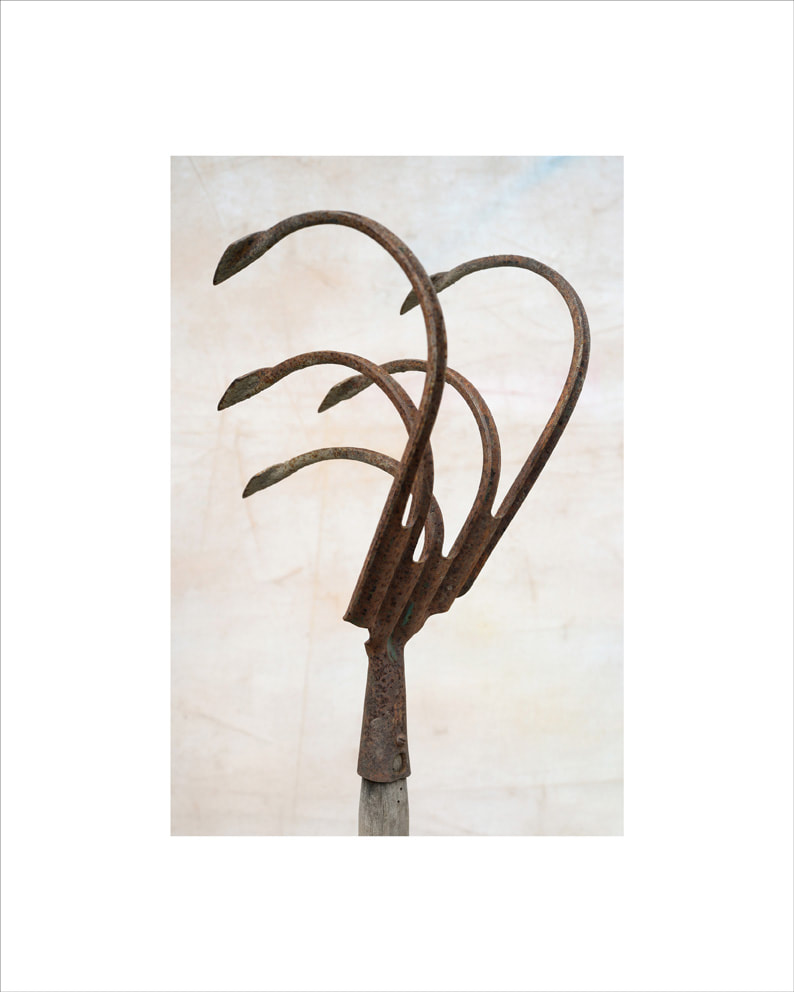 Photo: Steven La Plante from 'Tools' series Photo: Steven La Plante from 'Tools' series "The tools are not just a functional part of gardening but a connection to the people who have used and treasured them. In my images I see the tools as individuals, as the people who are connected to them, as portraits. They are also connected to people and gardens I know." 'Tools' is Steven La Plante's second exhibition at Photospace Gallery, following 'Monuments' in 2015. The exhibition runs in gallery room 1 from 5pm (opening) on Friday 14th April to 2pm on Saturday 6th May, 2023. Gallery hours are 10am-3pm Monday-Friday, 11am-2pm Saturday, closed Sundays and public holidays. Steven La Plante was born and raised in the United States to a military family. His father was a professional Army officer who retired as a Lt. Colonel of Artillery. La Plante served in the US Navy during the Vietnam era after which he studied photography in San Francisco. This was followed by a career of over 30 years as an advertising and editorial photographer, notably as a regular contributor to the Listener and NZ House and Garden. La Plante’s photographs have been included in the Glebe Project, Sydney (1971), The Active Eye Manawatu Art Gallery (1975) and the new millennium publication A Day in the Life of New Zealand (2000). His solo exhibition Monuments was shown at Millennium Gallery (2011) and Photospace, Wellington (2015). This collection of silver gelatin photographs of New Zealand war memorials has since been acquired by the National Library of New Zealand. La Plante lives and works in the Awatere Valley where he grows wine grapes, with his wife, cat, dog and chickens. The following was written by Dr Christine Whybrew for Steven's exhibition of this work at the Millennium Public Art Gallery, Blenheim, Oct-Dec 2021
Steven La Plante Tools: Our Connection to the Garden. “We shape our tools and thereafter our tools shape us” – Marshall McLuhan Whether in the garden, the kitchen, the workshop or the studio, we all understand the value of a good tool. Beyond their utilitarian purpose, tools become allies in our tasks and trades. As a freelance photographer and grape grower, Steven La Plante has observed how inanimate objects can be imbued with significance and character – tools, especially, carry wear and marks from the habits, traits, incidents and accidents of their owner. But they also seem to develop personality of their own. Some years ago, La Plante became familiar with the photographs of Charles Jones, an English gardener who photographed vegetables, fruit and flowers in the early 20th century. Jones’ life and work has been told through the chance discovery of a trunk of these photographs at an antique market in the 1980s by a photograph collector, Sean Sexton. Jones’ photographs are celebrated not for their technical or artistic prowess, but for the connection they reveal between the photographer and his otherwise unremarkable produce. Rather than still life images, these are portraits. La Plante was attracted to this portrait quality of Jones’ works and carried the images around in his head for a number of years. What occurred to him was the connection between produce, the tools used to cultivate them and the gardeners. Inspired by Jones’ aesthetic and approach, La Plante’s subjects are the tools that connect their owners to the land and the garden. His project has developed into a typological study, collecting portraits of tools which embody the character of each owner: The tools are not just a functional part of gardening but a connection to the people who have used and treasured them. In my images I see the tools as individuals, as the people who are connected to them, as portraits. They are also connected to people and gardens I know. In this series of digital colour photography La Plante has captured tools observed in gardens of friends and associates. Echoing the Victorian portrait composition, La Plante experimented with background and light, arriving at a consistent trope of photographing on location in open shade, against a painted canvas backdrop. This easy method allowed him to photograph his subjects as he found them, with very limited intervention or adjustment. Unlike Jones’ portraits which capture the ripeness of produce freshly harvested, these tools show scars of use and are coloured by rust and repair. Philosophically, La Plante sees these portraits as a visual metaphor for growing old: “We all start as bright shiny tools and as we age we show the dings, dents and rust that our years of work have wrought on our bodies”. The tools and their owners age together, continuing to be of use until, eventually, one outlives the other. - Dr Christine Whybrew |
AuthorPhotography Matters II Categories |

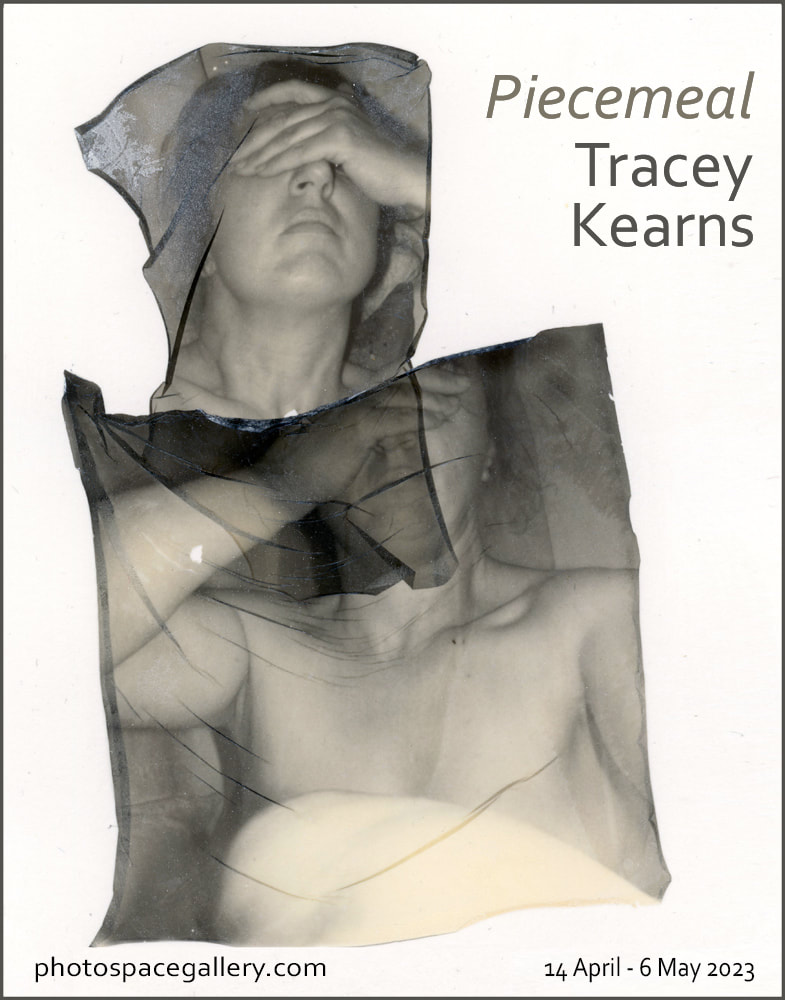
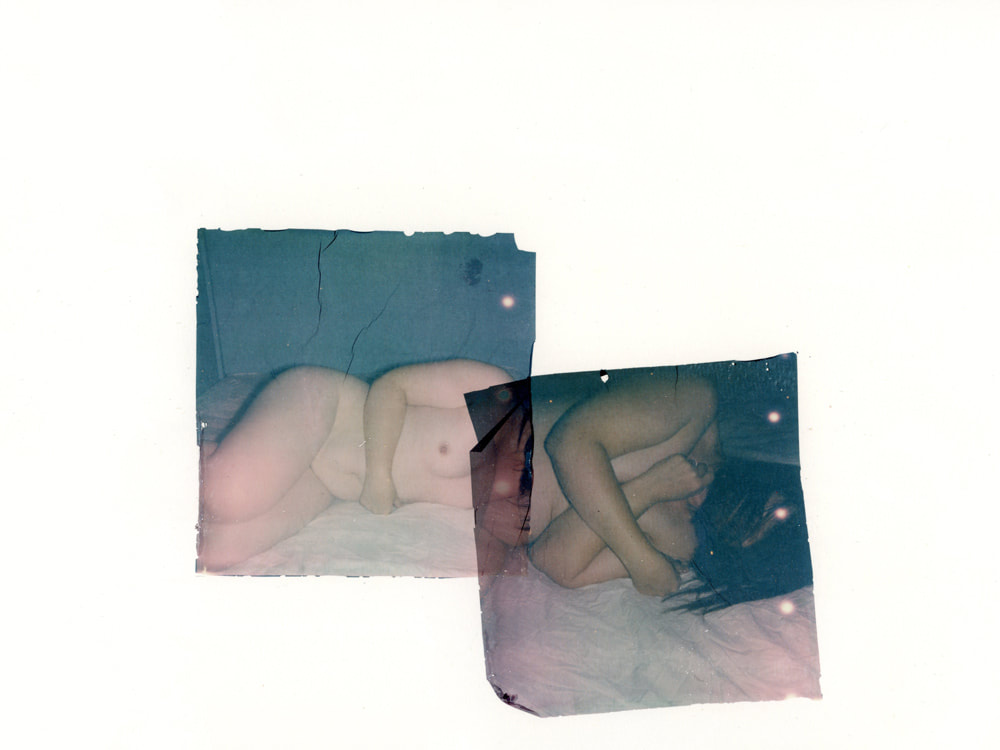
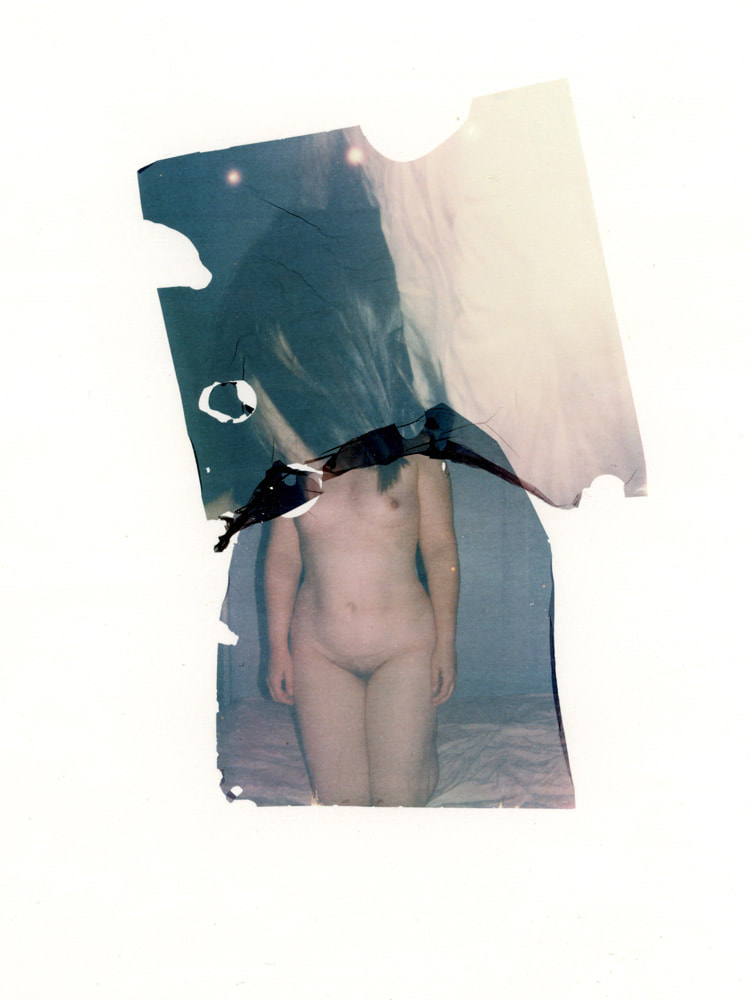
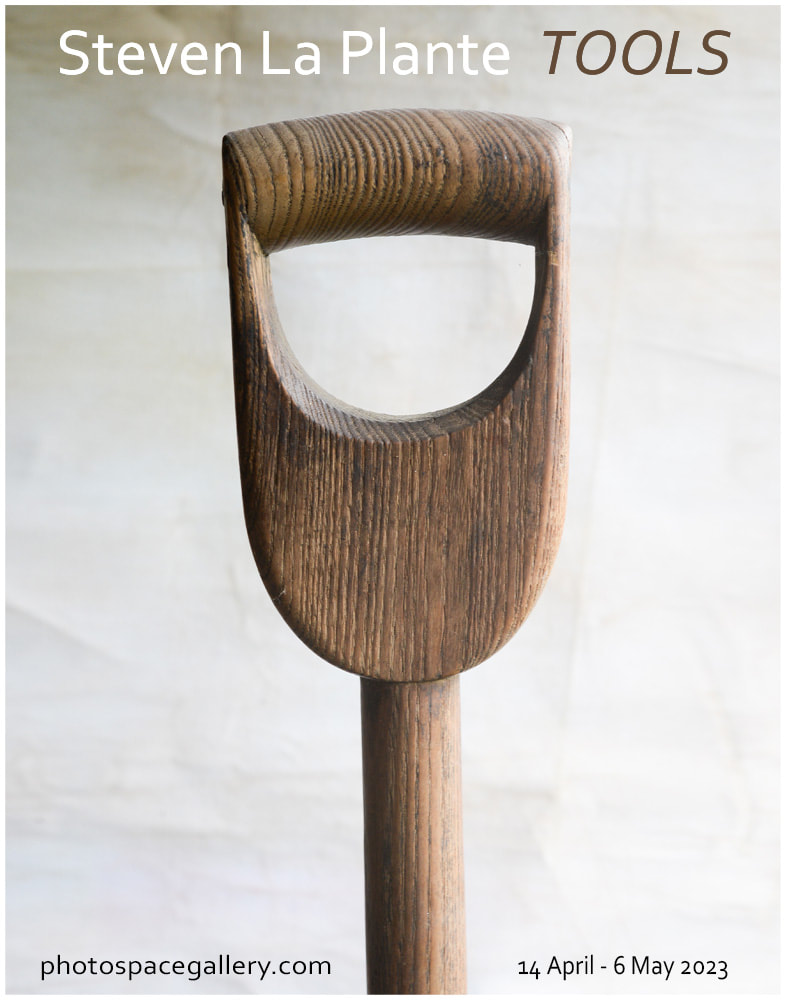
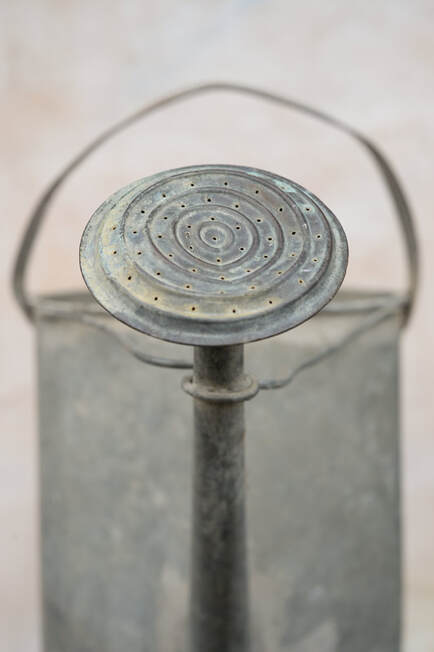
 RSS Feed
RSS Feed
